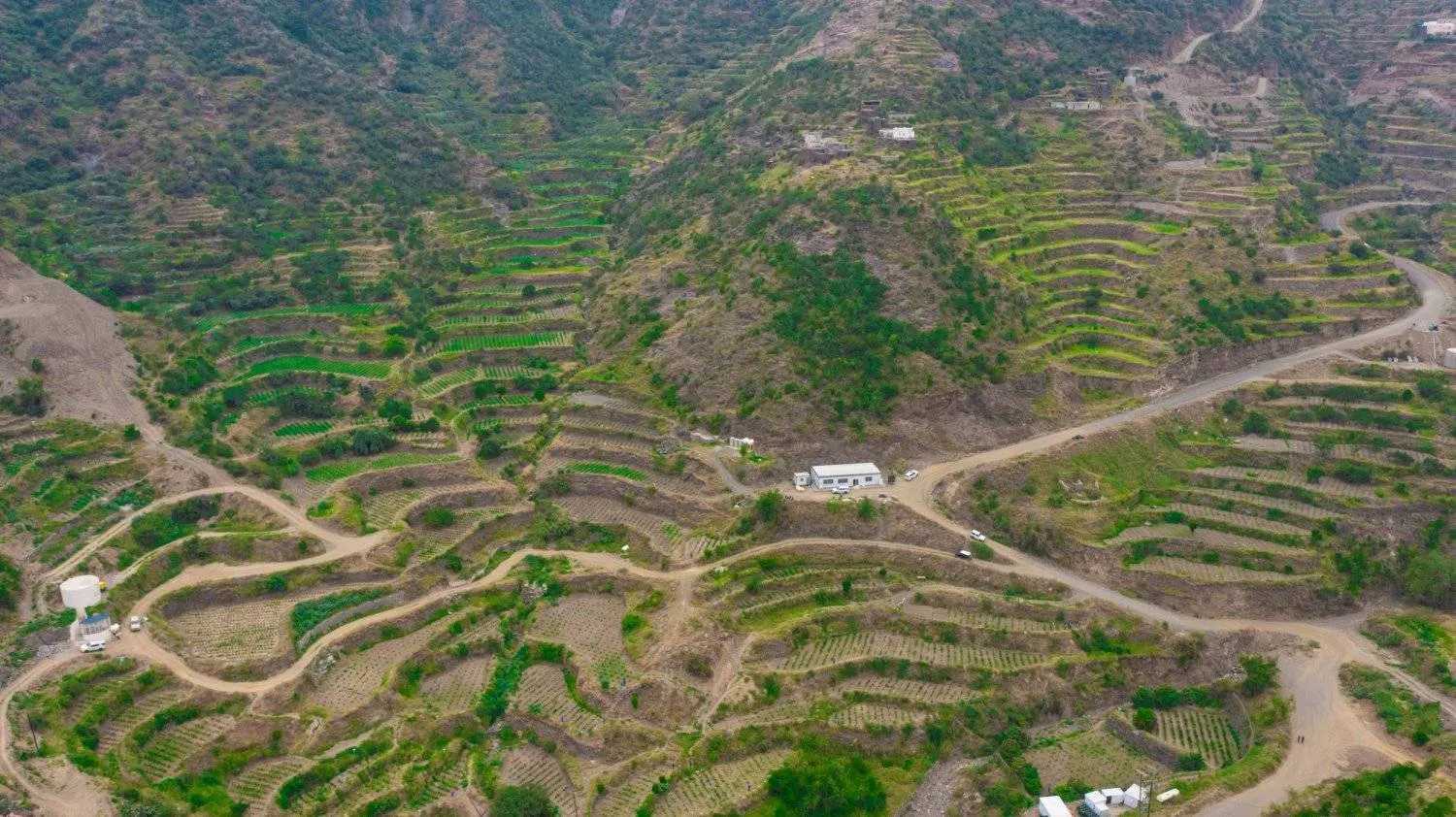The coffee market in Saudi Arabia is expected to grow by 5 percent in the coming years, providing great investment opportunities for the Saudi Coffee Company, which is owned by the Public Investment Fund (PIF).
The company received approval to begin operations in Jazan, marking the establishment of the first production facility for the product in the Kingdom. The project falls within the efforts to empower the industry and promote the production and export of the national coffee worldwide.
Jazan is famous for its high-quality Saudi coffee plant, the cultivation of which represents an important source of income for the residents.
In remarks to Asharq Al-Awsat, Executive Director of Sales and Distribution at the Saudi Coffee Co. Rakan Hariri pointed to four elements that consolidate the role of the new factory.
They include strengthening the local economy by increasing production and empowering farmers, generating job opportunities in multiple fields such as agriculture, manufacturing, marketing, and retail, promoting local culture, as coffee is part of the Saudi cultural identity, and finally, encouraging sustainable agriculture and the use of resources in a way that preserves the environment for future generations.
The company’s priority is to meet the local demand for coffee, including distribution to various regions, with a focus on the quality of the product, Hariri added.
“To ensure the success of Saudi coffee in international markets, we will adhere to the highest quality standards in the factory and achieve compliance with international health and safety standards,” he remarked.
Hariri revealed that the company plans in the future to increase local production, through model farms, cooperate with farmers, through contract farming, and follow a program to empower coffee farmers to reach the target of 5 million trees by 2030.
He explained that the company is working on gradual geographical expansion based on market studies and careful analysis of demand, stressing that efforts are underway to invest in technology to improve production processes and increase efficiency. This includes modernizing equipment, improving farming practices, and adopting advanced management systems for quality control and traceability.
In November, the Saudi Coffee Co. signed four memorandums of understanding with leading institutions and organizations from the public and private sectors at the Jazan Investment Forum as part of its efforts to achieve a qualitative shift in the coffee industry sector in the Kingdom.









